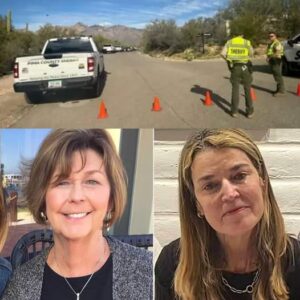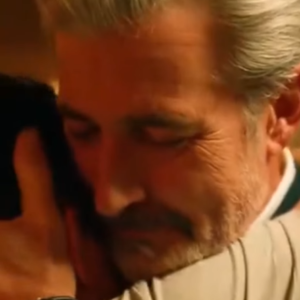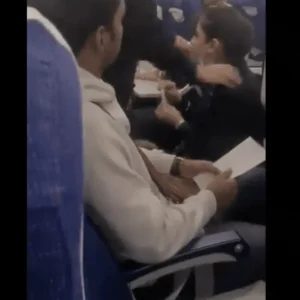Trump Targets Chicago in Crime Initiative
President Donald Trump, fresh off declaring a “crime emergency” in Washington, D.C., suggested that Chicago could be next in line for federal intervention. He has argued that violent crime remains unacceptably high in several urban areas and that local officials have failed to bring it under control.
Chicago, long at the center of debates over crime and policing, has seen significant improvements in recent years. In 2024, homicides dropped by more than 30%, shootings fell by nearly 40%, and robberies decreased by about 35%. Still, concerns about public safety remain in some neighborhoods.
In recent remarks, Trump implied that deploying federal resources, including the National Guard, might be necessary to stabilize the city.
Johnson’s Fierce Pushback
Chicago Mayor Brandon Johnson rejected the idea, calling it both unnecessary and dangerous. Speaking to reporters, he argued that sending federal forces into the city would amount to “an authoritarian overreach” and would undermine the trust between residents and law enforcement.
“The city of Chicago does not need a military-occupied state. That’s not who we are,” Johnson said. He added that federal involvement would inflame tensions rather than improve safety.
Johnson vowed to resist such a move through legal and political means, insisting that local strategies and community-based initiatives are already helping to reduce crime.
A Clash of Narratives
Johnson framed Chicago as one of the nation’s most resilient and diverse cities — a place shaped by working people and immigrant communities. He warned that heavy-handed federal action would erode progress.
Illinois Governor J.B. Pritzker echoed Johnson’s criticism, labeling Trump’s plan a “manufactured crisis.” Both leaders argue that Chicago has already made strides in reducing crime and that federal intervention would only destabilize the situation.
What’s Next
So far, Trump has not issued a formal order to deploy the National Guard to Chicago. In Washington, D.C., his administration has already sent in federal agents and Guard units, a move that sparked controversy despite early reports of modest crime declines.
If Trump chooses Chicago as the next test case, it could trigger a high-stakes legal fight over presidential authority versus state and local control of public safety.
For now, Johnson and Pritzker’s message is clear: Chicago’s leadership will challenge any attempt to send in federal troops.




